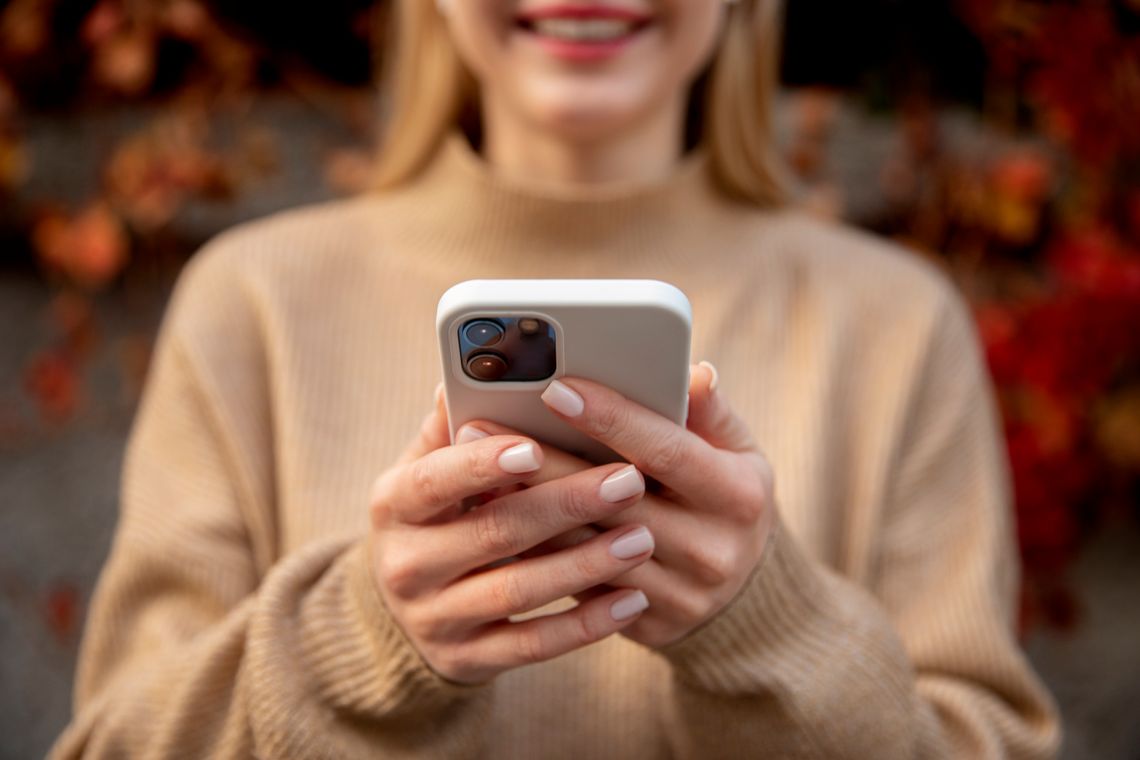Wise County’s Boyd ISD is considering a district-wide ban on students carrying cell phones during school hours.
The school board is looking at a plan that would allocate $14,000 for magnetic cell phone pouches produced by a company called Yondr, according to the Wise County Messenger.
“Under the proposed plan, students would place their devices inside of their assigned Yondr pouch upon arriving at school,” the Messenger’s Micah McCartney wrote last week. “The pouch will then lock through a magnetic system and will unlock at the end of the day after being tapped on a base. If a pouch is damaged or a student is caught on their phone, campus administrators will collect the pouch and device, and call a parent or guardian to pick up the item. Consequences could include community service, in-school suspension or detention.”
This seems like a high-tech, expensive solution to a very real problem. NBC recently reported about a school in Dayton, Ohio that implemented their ban with oversized manila envelopes. Envelopes are labeled, alphabetized and kept in tubs in the front office. Students turn in phones in the morning and pick them up at the end of the day. Paper envelopes are much cheaper than magnetic pouches.
Dayton administrators say behavioral problems have done a complete 180. According to Dr. David Lawrence, Dayton Public Schools Superintendent, incidences of school bullying have greatly decreased. He also says constant phone notifications distract kids from learning. Four Dunbar High School students interviewed by NBC’s Today Show all said their mental health is better without the cell phones. Similar public school cell bans are proliferating across the country. Students at Houston’s Madison High School staged a walk-out earlier this year when a campus-wide cell phone ban was enacted.
State governments are also eyeing legislation that would ban cell phone use during school hours, and it seems to be a bi-partisan effort. Ten states now have introduced or passed bills to ban the devices— from solid blue places like New York and Vermont, to swing states like Ohio, to solid red locales like Kansas. Florida became the first state to ban cell phones in K-12 classrooms last year. Indiana passed a law in April that will ban cell phones in classrooms starting next school year.
Research from Common Sense Media shows 88-95% of teens (ages 13 to 18) have a smartphone and about half get their first one by age 11. The numbers further show that 97% of students used their phones during school hours for about 43 minutes each day. During that time, 32% of students were checking social media, 26% were on YouTube and 17% were gaming.
As the parent of four teenagers, I predict these numbers are actually much higher.
Critics say it is difficult to know whether cell phone bans truly work because some schools allow students to use their phones between classes, during lunch or even for some learning purposes. There is some research, however, that suggests bans do have academic benefits.
Administrators in places like Dayton, Ohio say the evidence is irrefutable. According to Science Direct, test scores among 16-year-olds in England increased by 6.4% after schools banned phones. This beckons a key part of the conversation— test results.
Almost half of Texas fourth graders scored a zero on the STAAR writing composition last year and most of all Texas students are well behind the national average on standardized test results, according to NPR.
I can’t help but think cell phone distraction may play a part in this. Albeit anecdotal, the correlation between cell phone use at an all-time high and test scores at all-time lows is hard to ignore.
So, what does our legislature say?
They say, “Let’s let AI grade the writing tests and then take money away from public schools and call it ‘school vouchers.’” According to the Dallas Morning News, Governor Greg Abbott spent $2.3 million dollars endorsing primary candidates who favor school vouchers. That’s not to mention the hundreds of millions of dark money funneled into primary races.
You could buy a heck of a lot of manila envelopes or even Yondr magnetic pouches for that amount of money.
I’m not saying a state-wide public school cell phone ban would solve our test score problem, though it would be good place to start.
But common sense often eludes our legislators.

